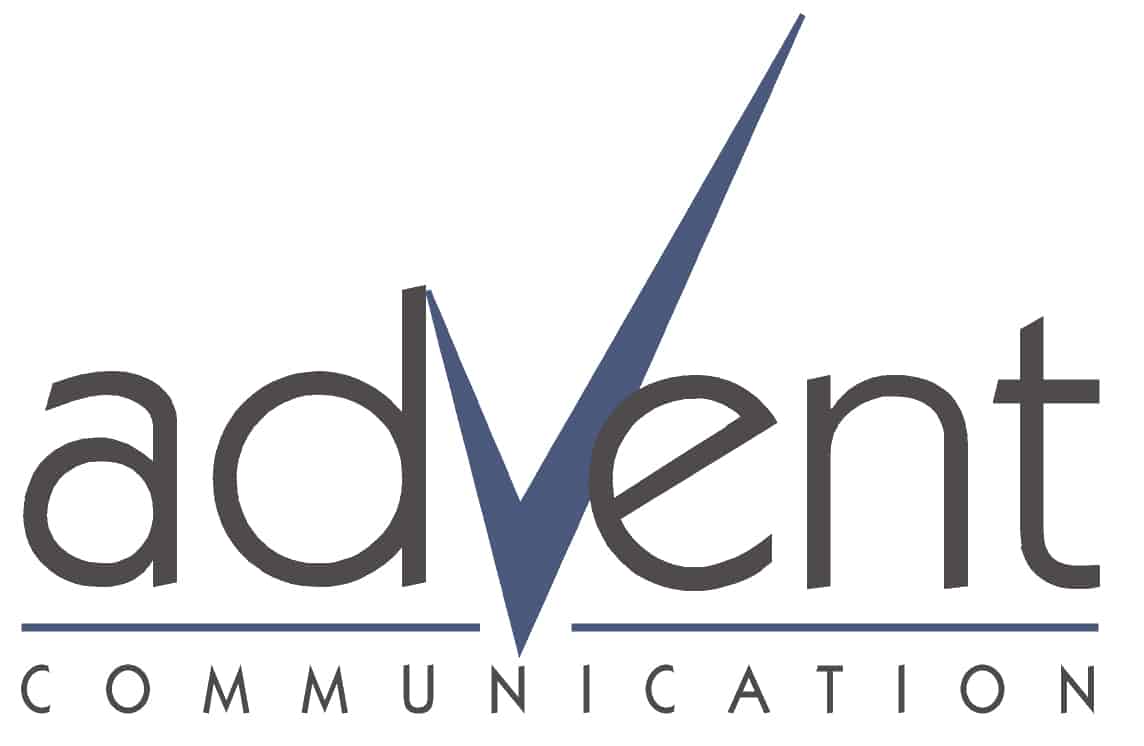Recently I was asked whether or not I felt an agency should grant a client access to their AdWords account. I was somewhat baffled by the question.
The notion that an agency would consider not allowing a client access to their own AdWords account is, to me, absurd; but there are many agencies who neither grant access, nor run the account in their client’s name.
There are essentially two models. In the first the AdWords account is in the client’s name. Under this model the billing is, generally, between the client and Google, with the client’s credit card being billed directly by Google and the agency billing a management fee separately.
With the second model the agency owns the accounts and invoices the client for a combination of ad spend and management fee, passing Google’s share on to them.
There is no real difference between these models in terms of the ad spend and the management fee, just in terms of the order in which the parties are paid. But there is a massive difference between the two in terms of ownership, access and transparency.
Under the first model it is the client who owns the account, under the second, the agency.
Under the first model the client has the access level the agency grants – admin, read-only or, in some cases, none. Under the second model the client – as the account owner – has full admin access.
Under the first model the amount of transparency is also determined by the agency. Under the second it is complete.
Returning to the original question; part of the justification for not granting a client access to an AdWords account is that they might “take our work and simply say goodbye”. The implication being that the original account configuration is sufficient for ongoing success. This is at best naive on the part of the agency and, at worst, revealing of their approach to account management. After all, if you feel that a client could simply take what you have set up and run the account, then what precisely were the ongoing fees you were planning to charge for?
AdWords accounts are evolving entities, they change and mutate. They are subject to the exterior forces of the market, seasonality, trends, etc. and a good manager will be actively working on accounts.
The “black box” approach to management is equivalent to taking your car to a mechanic and asking them to give it a tune up. You leave the car and return the next day. The mechanic smiles, hands you the keys and an invoice for $500. And tells you that you need to come back the next month. And you do. Again, you leave the car and return the next day… to be handed the keys and an invoice for $500. This with a smile, of course (customer service is high on the list of priorities).
Let’s suppose that the car has been running great. Better than ever. And the fuel consumption has dropped. All great results. But the question remains, for how many months would you keep returning and paying $500 without knowing what the mechanic was doing? And if you asked to take a look around the workshop and were refused – what then?
I am not a mechanic, and I have nothing more than a rudimentary understanding of how my car works. But I would not be happy if I discovered that my mechanic was merely checking the oil and the tyre pressure each month. The AdWords equivalent would be to get access to the change history report and discover that nothing had been done on the account in 6 months.
In my experience clients respond very well to explanations of strategy, and proposed adjustments to accounts – at an “overview” level, not the day to day nuts and bolts. And they tend to be happy to leave that “to the expert” since things seem to be going well and business is up.
In my opinion, if I am spending someone else’s money, they have a right to know how (and why) I am spending it as I am. As transparency declines so does trust.
Clients who are fair do not object to someone they work with making money. In fact, many would be delighted to see you get rich on the back of their success – especially if you are one of the core driving forces behind that success.
I struggle to justify the “black box” approach. I’d love to hear from others in the industry who prefer not to grant clients access to their Adwords accounts. Let’s be clear, I am not suggesting that the “black box” approach is taken with deception in mind, only that the more secretive we are about our work the more suspicion we will raise.
Please use the comments below to further this discussion






